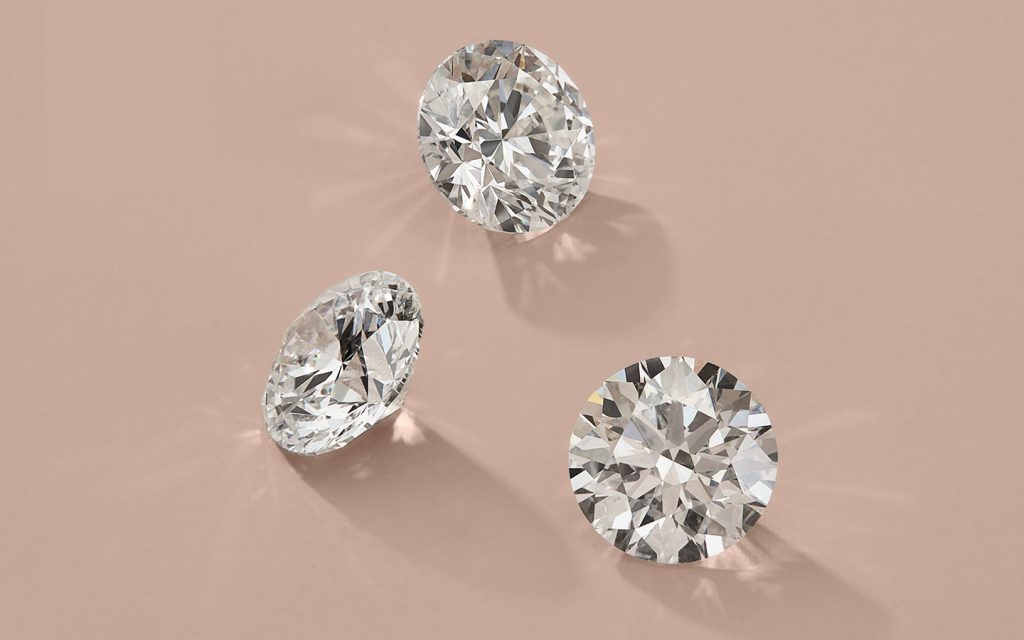Gemstones have captivated humanity for centuries, their allure transcending time and culture. Whether it’s a dazzling diamond, a radiant ruby, or a serene sapphire, these precious stones hold significant value, both sentimentally and monetarily. However, ensuring the authenticity and quality of gemstones is paramount in the world of jewelry. This is where gemstone certifications play a crucial role. In this article, we’ll delve into the comparison between two renowned gemological laboratories: IGI vs GIA.
What is IGI?
IGI (International Gemological Institute) is a leading gemological laboratory renowned for its expertise in diamond, colored stone, and jewelry identification, grading, and appraisal services. Established in 1975, IGI has since expanded its operations globally, with laboratories in key diamond and jewelry centers worldwide. The institute offers a range of services, including diamond grading, colored stone identification, and jewelry authentication.
What is GIA?
GIA (Gemological Institute of America) stands as one of the most esteemed gemological institutions globally, with a rich history spanning over 90 years. Founded in 1931, GIA has set the standard for gemstone grading and identification. Renowned for its research, education, and laboratory services, GIA operates with a mission to protect gem consumers and ensure the integrity of the gem trade.
Key Differences Between IGI and GIA
Grading Standards
Both IGI and GIA adhere to stringent grading standards; however, there are differences in their methodologies. GIA is known for its strict grading criteria, particularly in diamond grading, which is highly regarded in the industry. On the other hand, while IGI maintains comprehensive grading standards, some perceive them to be slightly more lenient compared to GIA.
Reputation in the Industry
GIA boasts an unparalleled reputation in the gemological industry, with its certifications often considered the gold standard. Many consumers and industry professionals prioritize GIA-certified stones due to their rigorous grading processes and global recognition. In contrast, while IGI holds a respected position in the industry, its certifications may not carry the same prestige as GIA.
Turnaround Time
IGI is known for its relatively quicker turnaround times compared to GIA. This expedited process can be advantageous for those seeking timely certifications for their gemstones, particularly in the fast-paced world of jewelry trade.
Cost
In general, IGI certification tends to be more cost-effective compared to GIA. While both institutions offer comprehensive grading services, lab created diamonds, the pricing structure of IGI may appeal to budget-conscious consumers and businesses.
Pros and Cons of IGI
Benefits of Choosing IGI Certification
- Cost-effective compared to GIA
- Quicker turnaround time
- Comprehensive grading services for diamonds and colored stones
Drawbacks of IGI Certification
- Perception of slightly lenient grading standards
- Certifications may not carry the same prestige as GIA
Pros and Cons of GIA
Benefits of Choosing GIA Certification
- Unparalleled reputation in the industry
- Strict grading criteria, particularly for diamonds
- Global recognition and trustworthiness
Drawbacks of GIA Certification
- Higher cost compared to IGI
- Longer turnaround time
Which Certification Should You Choose?
When deciding between IGI and GIA certification, several factors should be considered. If you prioritize stringent grading standards and unparalleled reputation, GIA may be the preferred choice. However, if cost-effectiveness and quicker turnaround times are paramount, IGI could be the more suitable option.
Real-World Examples
To illustrate the differences between IGI and GIA certifications, let’s consider a couple of real-world scenarios. In Scenario A, a jewelry retailer opts for IGI certification for its gemstone inventory to minimize costs and expedite the certification process. In Scenario B, a high-end jewelry designer chooses GIA certification to uphold the prestige and integrity of their luxury brand.
Conclusion
In the realm of gemstone certifications, the choice between IGI and GIA ultimately depends on individual preferences, priorities, and budget considerations. Both institutions offer reputable services with their own sets of advantages and drawbacks. Whether you prioritize stringent grading standards, global recognition, or cost-effectiveness, there’s a certification option tailored to your needs.

